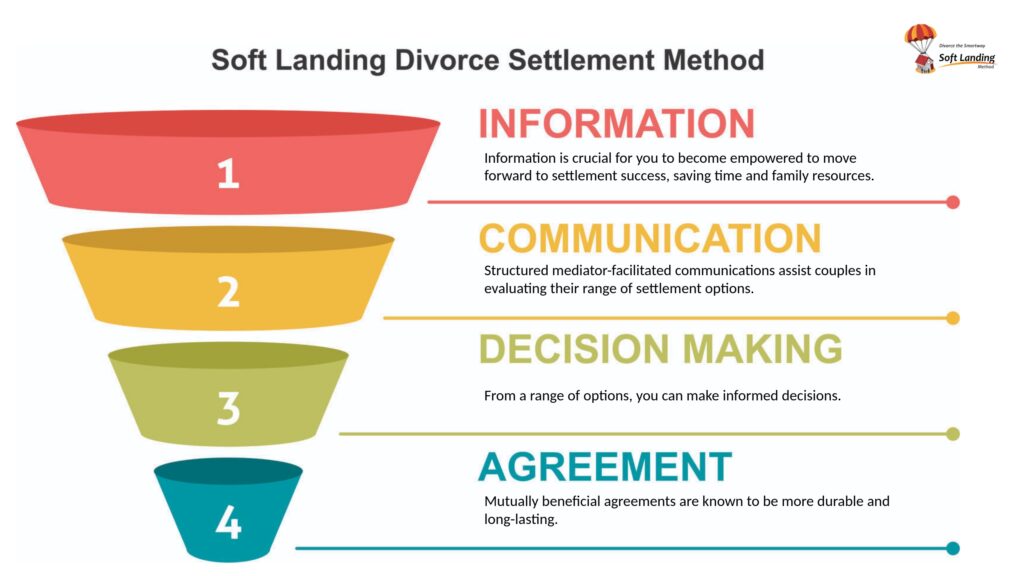Understanding: Section 7 Expenses in Ontario

Understanding Section 7 Expenses in Ontario Sparation
Discover what is included in Section 7 expenses for child support in Ontario, covering child care, medical, educational, and extracurricular costs to ensure fair financial contributions.
External Links that May Interest You
- Information sheet: New details on Section 7 expenses
- The Federal Child Support Guidelines: Step-by-Step
- MEP – Section 7 expenses
- Federal Child Support Guidelines ( SOR /97-175)
- Child Support and Section 7 Expenses
- Section 7 Child Support Expenses: A Comprehensive Guide
- What are Alberta section 7 child support expenses?
- Section 7 Expenses (Extraordinary Expenses, Special Expenses)
- Section 7 Child Support Expenses
- Section 7 Expenses: What are They, and Why Do I Have to Pay Them?
- Section 7 Expenses in Family Law Matters
Ken Maynard CDFA, Acc.FM
I assist intelligent and successful couples in navigating the Divorce Industrial Complex by crafting rapid, custom separation agreements that pave the way for a smooth transition towards a secure future. This efficient process is achieved in about four meetings, effectively sidestepping the excessive conflicts, confusion, and costs commonly linked to legal proceedings. Clients have the flexibility to collaborate with me either via video conference or in-person through a DTSW associate at any of our six Greater Toronto mediation centers, located in Aurora, Barrie, North York, Vaughan, Mississauga, and Scarborough.















































